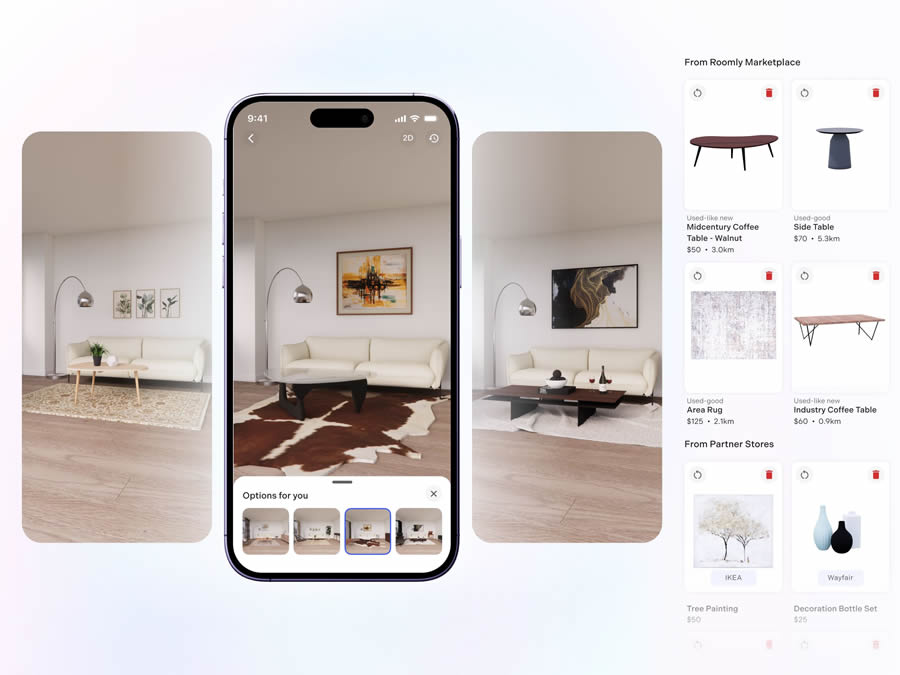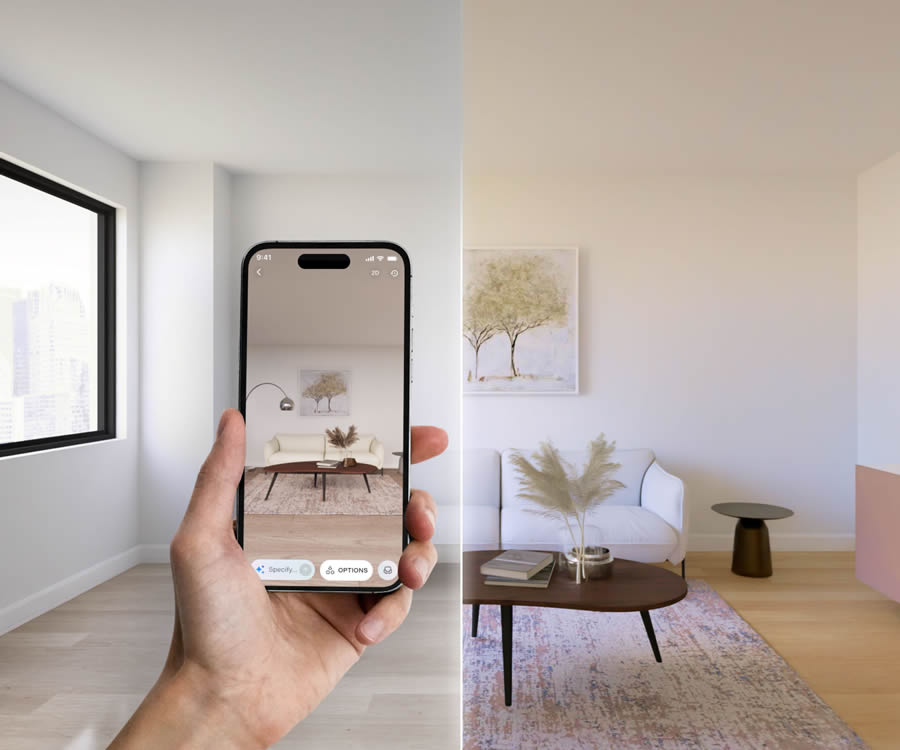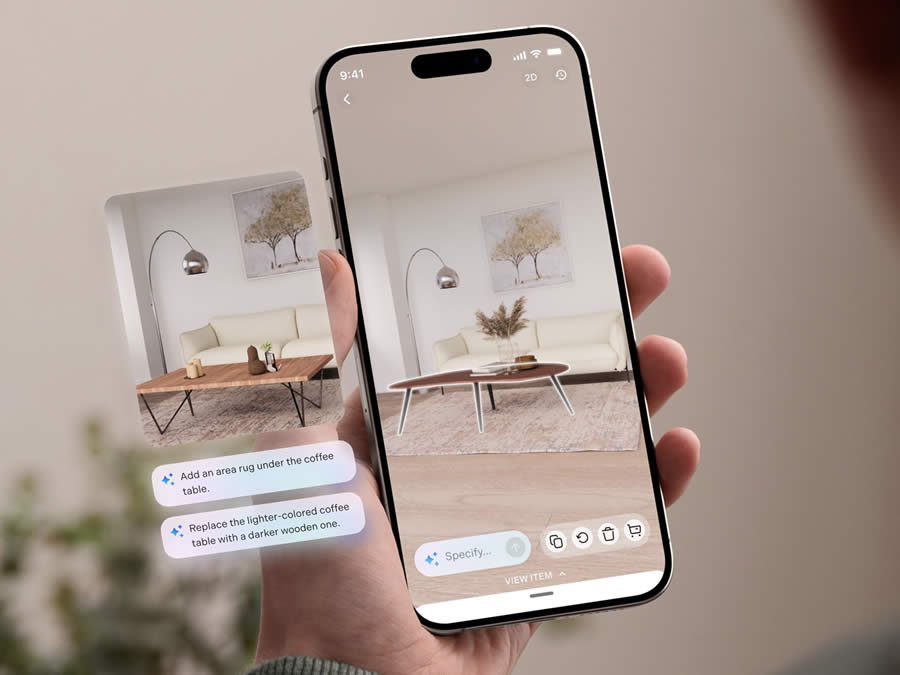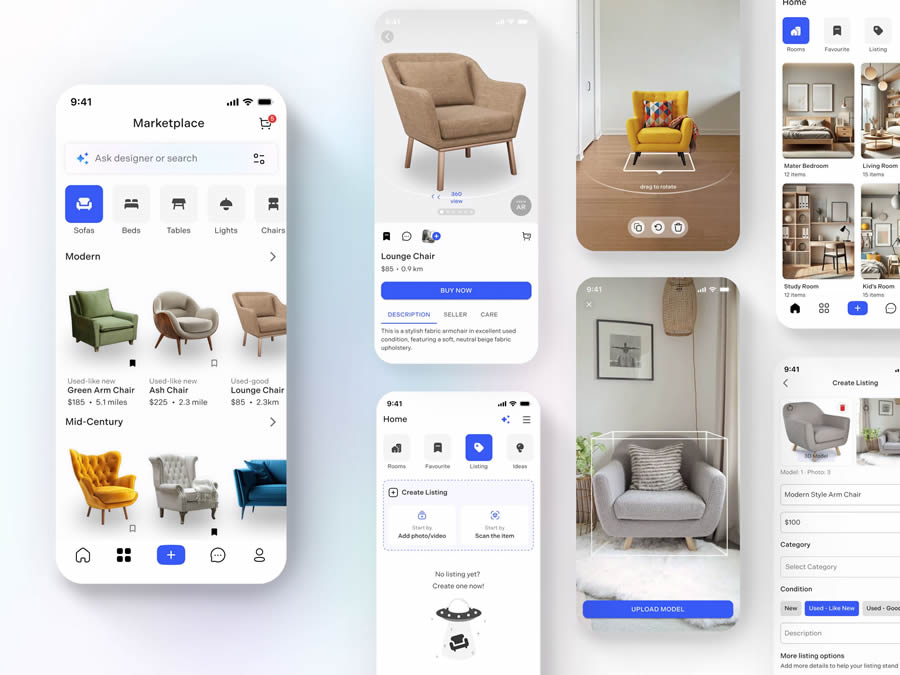In a remarkable sweep of this season’s most prestigious design competitions, Xiao Chen’s innovative interior design platform Roomly has captured three major industry honors, marking him as one of today’s most influential voices in digital product design. These achievements signal a transformative moment in both Chen’s career and the broader landscape of digital design tools.

The accolades began in October when Roomly earned a Silver award at the Muse Creative Awards, one of the most competitive international design competitions that typically sees over 6,000 entries from 18 countries. The platform’s groundbreaking approach to democratizing interior design particularly impressed the jury, comprised of leading designers from companies like Microsoft, Nike, and Airbnb. Their evaluation praised Roomly’s seamless integration of professional design principles with accessible user interfaces.

Hot on the heels of this recognition, Roomly secured another Silver at the November 2024 Titan Innovation Awards. Known for recognizing transformative innovations, the Titan Awards selected Roomly from thousands of entries, highlighting its unique integration of AI-driven design tools with sustainable practices. The jury particularly noted how the platform makes professional-grade design tools accessible to everyday users while maintaining high standards of functionality.
Most recently, Roomly’s nomination for the prestigious UX Design Awards has placed Chen’s work alongside projects from global technology leaders and renowned design studios. This nomination is particularly significant as the UX Design Awards are widely considered the industry’s benchmark for excellence in user experience design, with past nominees including breakthrough projects from leading tech companies and design innovators.

"I never imagined a childhood fascination with spaces would lead to this," Chen says with a smile, recalling his early days in Guancheng, a traditional water town in Zhejiang province. Growing up among ancient alleyways and wooden shopfronts, he developed an intimate understanding of how built environments shape daily life. "I remember exploring interconnected courtyards where multiple families lived together, watching shopkeepers remove their wooden panels each morning to open their stores. Those experiences taught me that design isn’t just about aesthetics—it’s about how people live and interact with their environment."

This deep appreciation for the human element in design ultimately led Chen from architecture to digital product design. "I saw a gap between professional design expertise and everyday needs," he explains. "While working as an architect, I noticed how many people struggled to visualize and plan their spaces effectively. Roomly was born from the desire to bridge that gap."

The platform’s innovative features reflect this mission. Its AI-driven design tools help users explore possibilities they might never have considered, while the AR visualization system allows them to see exactly how different choices would look in their space. The pre-owned marketplace component promotes sustainability while making good design more accessible—a feature that particularly resonated with award jurors.
Article by: Chloe Wang



 English (US) ·
English (US) ·